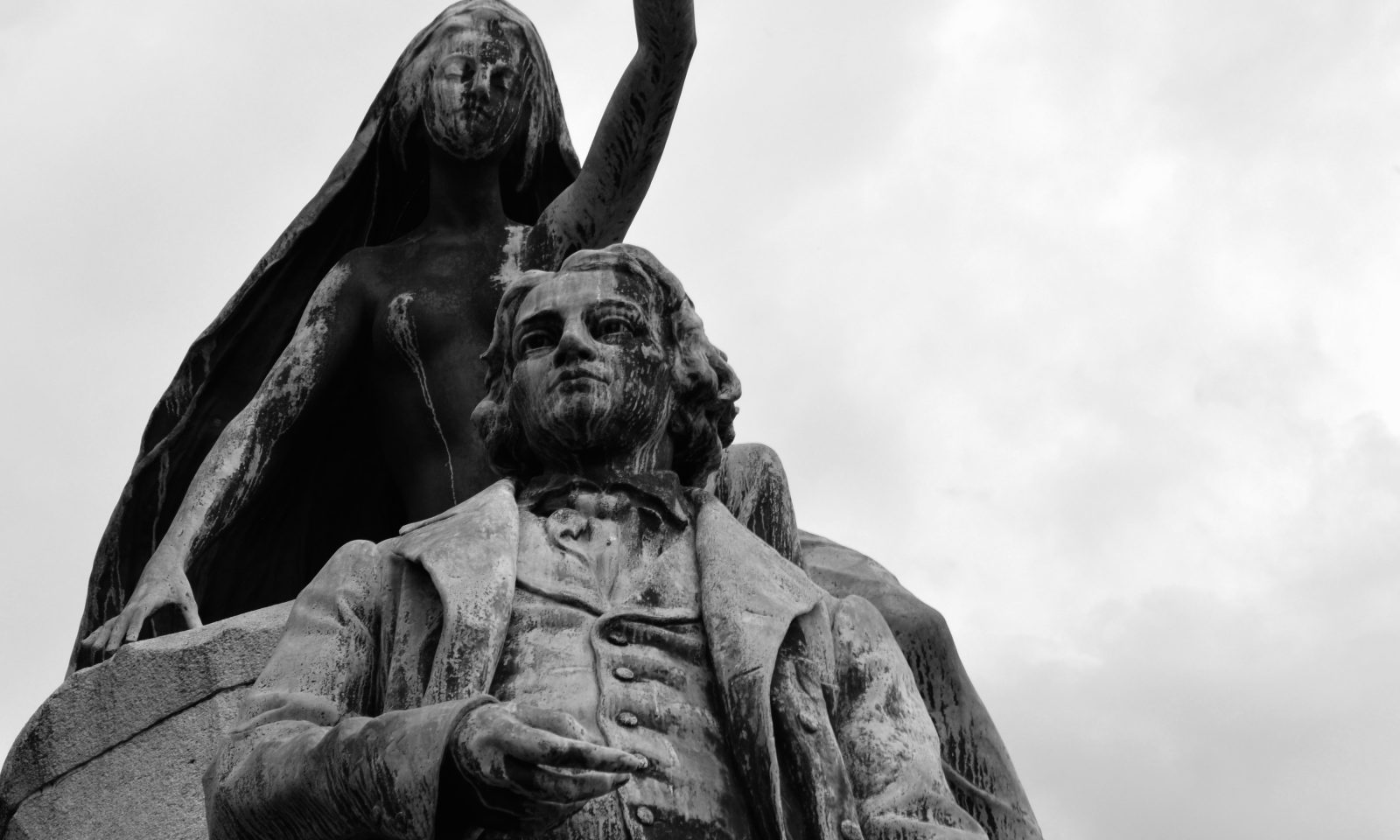Artificial Intelligence: Creator or Tool of Creation?
You are invited to the discussion Artificial Intelligence: Creator or Tool of Creation?, which will take place as part of the exhibition Live, Laugh, Love, on February 8th, at 5 pm in the Kresija Gallery. Designer Emil Kozole and dr. Maja Bogataj Jančič, LL.M., LL.M., will explain how they see the development of artificial intelligence in the future and how this development will or should be followed by legal regulation. Welcome!
Emil Kozole is a designer who researches socio-political topics such as digital identity, online surveillance and new technologies. At the event, he will present the mechanisms of creation that led to the creation of the work “Syndicate for the Rights of Artificial Intelligence”, in which he analyzes past achievements in the field of human rights and explores what it will look like when A.I. began by fighting for their own emancipatory rights.
Dr. Maja Bogataj Jančič, LLM., LL.M. will briefly present the main challenges that artificial intelligence poses to traditional concepts in copyright law: whether works independently generated by AI can be protected by copyright. Is it enough for protection that the result generated by a machine looks the same as a creation created by man? Does the AI even need a reward or incentive to create? Can AI be considered as an “author” who creates “original” works?
The event is an accompanying program of the exhibition Live, Laugh, Love, which is on view at the Kresija Gallery until 20 February.
You can register for the event via e-mail: galerija@ljubljana.si
The Grand Board of the European Union Intellectual Property Office (EUIPO) finally ruled that the figurative sign ‘COVIDIOT’ cannot be registered as an EU trademark.
The 4th Open Knowledge Day took place on Tuesday 17 October 2023, with an accompanying workshop on 18 October 2023. This year it was organised by the Open Data and Intellectual Property Institute (ODIPI) and supported by Knowledge Rights 21 (KR21).
We invite you to the fourth Open Knowledge Day and the workshop, which will take place this year within the framework of the programme and with the support of Knowledge Rights 21. The event will bring together experts from different European countries to discuss two topics: the first part will deal with the legal basis for data analytics, which is a key part of machine learning and related artificial intelligence, and the general exception for research. In the second part, open science in theory and practice will be presented both in Slovenia and in some Western Balkan countries. Representatives of research and educational institutions from Slovenia and the Western Balkan countries, as well as interested members of the public, are invited to attend.
Dr. Maja Bogataj Jančič, a renowned expert in copyright law, has joined the Berkman Klein Center for Internet & Society at Harvard University, where she will serve as an affiliate researcher for the next two years.





